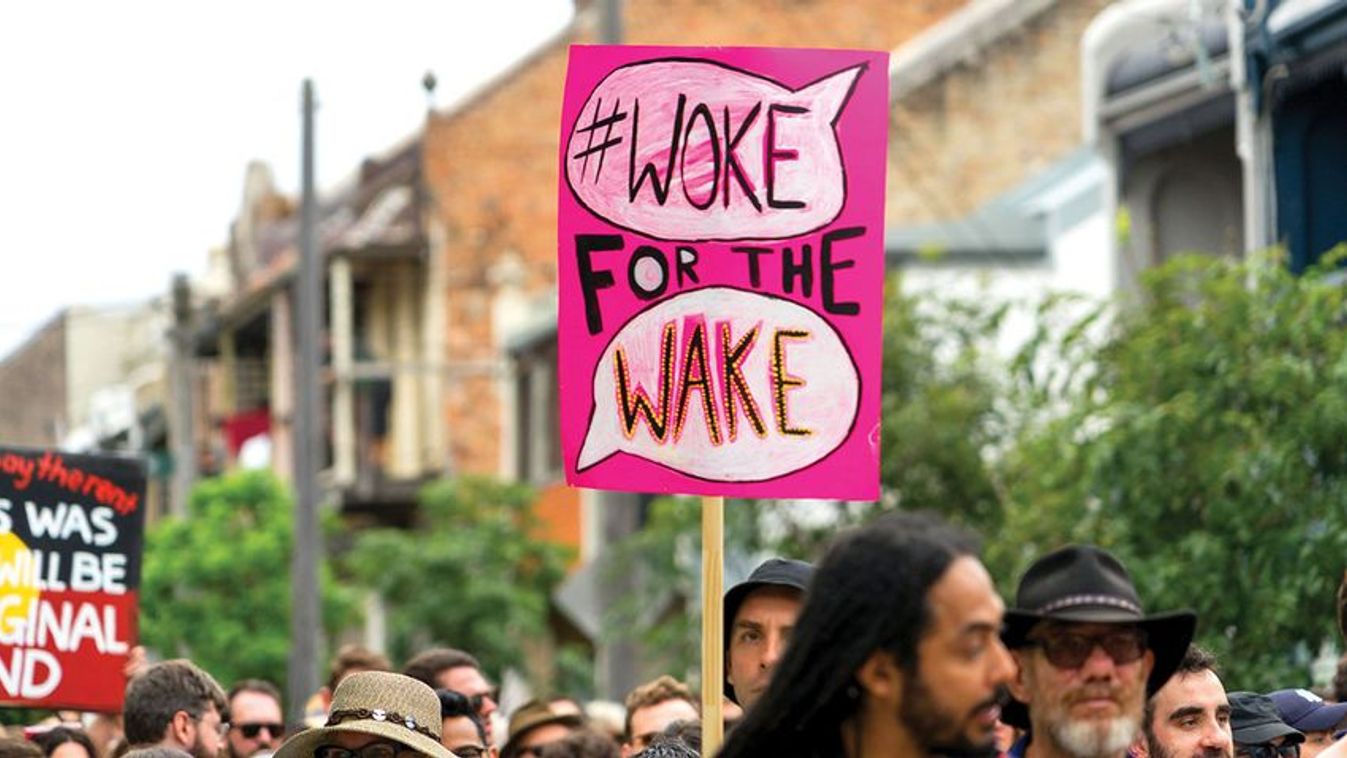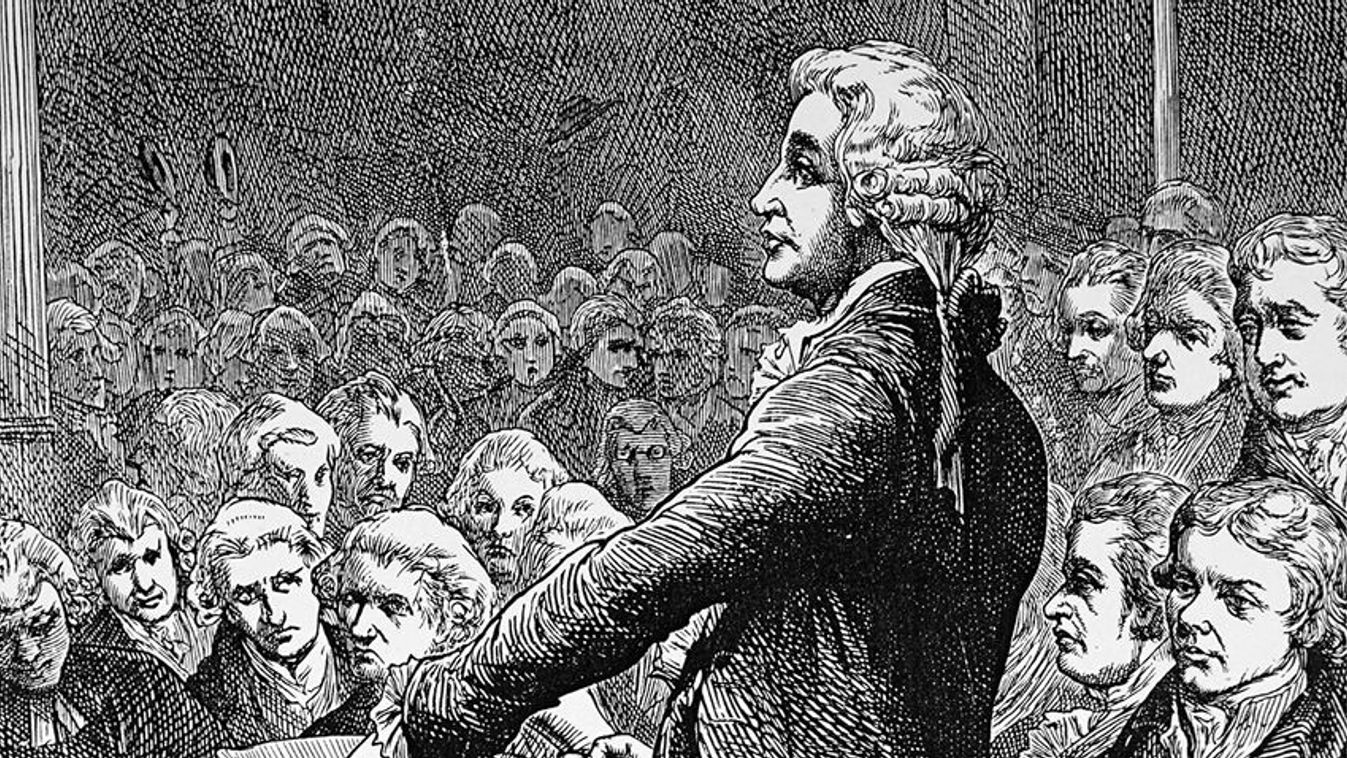Looking back at the legal and judicial history of the United States, one can discern quite an interesting paradox. Although, for most of the country’s history, justices of the Supreme Court often were former politicians -- state governors, senators, secretary of state, or even president in the case of William Howard Taft -- today the overwhelming majority of them are former judges or other actors in the justice system. At the same time, while the confirmation process used to be very smooth, today every confirmation is a ferocious political battle. What changed the perception of the political significance of the federal judiciary in your view?
It is true that every justice today except Justice Kagan had previously served as a judge, although two of them (Chief Justice Roberts and Justice Thomas) had very short tenures on a lower court before being nominated. Justice Kagan had served as Solicitor General of the United States (and Justice Thomas as Chair of the EEOC). Scholars tend to date the preference for nominees with judicial experience to the Eisenhower administration (1953-61), but it has become stronger more recently.
It is less clearly true that there is a stark difference as to the confirmation process. There have been hard-fought confirmation battles throughout our history, including Louis Brandeis (confirmed 1916), Judge John Parker (not confirmed in 1930), and a string of unsuccessful nominations by President Nixon in the early 1970s. Moreover, the confirmation process for some of the current justices – Justices Ginsburg, Breyer and Kagan -- did not prove highly contentious. In my view, the two phenomena are linked by the strategies that presidents pursue when nominating justices.
What strategies do presidents pursue when they select their judicial nominees?
The political scientist Sheldon Goldman has identified three discrete strategies that presidents follow when making judicial nominations: personal, partisan, and policy.
A given president may pursue different strategies for different appointments (or appointments to different courts), and a given appointment may serve multiples strategies.
A personal strategy seeks to advance the president’s friends, and it is evident, for instance, in President Truman’s Supreme Court nominations (Justices Burton, Vinson, Clark, and Minton), one of whom was a senator and two of whom were members of Truman’s cabinet. A partisan strategy seeks to advance the ideological goals of the president’s party, and it is evident, for instance, in President Nixon’s nominations of Justice Powell and Justice Blackmun. A policy strategy seeks to advance a particular president’s policy agenda, and it is evident, for instance, in most of the nominations of recent Republican presidents starting with Ronald Reagan.
Successful deployment of a partisan nomination strategy requires evidence that a nominee is broadly sympathetic with – and likely to advance, where the law permits – the ideological tenets of a president’s party. Successful deployment of a policy nomination strategy, by contrast, requires evidence concerning a nominee’s views about specific legal issues implicating the policy concerns that drive the strategy. A pre-nomination political career should provide (or not) the evidence needed for successful deployment of a partisan strategy. For assurance that a prospective nominee would be a reliable policy agent, a president will want evidence of that person’s legal views on salient issues, which a pre-nomination judicial career may be able to furnish (or not).
The quest for justices who will be reliable policy agents puts judicial independence at risk to the extent that a president nominates individuals whose ideological views (conservative or liberal) are so hard-wired that they are impervious to evidence, argument, or the law as it generally understood. When a president is perceived to do that, interest groups are mobilized on both sides, and senators of the other party are pressured to seek to block confirmation. Sharing the general ideological tenets of the nominating president is, on the other hand, to be expected and does not inspire fierce opposition. Although Justices Ginsburg and Breyer had lengthy pre-nomination judicial careers, they could not plausibly be labeled as hard-wired ideologues.
Since the 1960s the federal judiciary began to interpret the Constitution and the Bill of Rights in a much more expansive way both to include additional rights as well as to incorporate them as against the States. In your view have presidents sought to influence the jurisprudence of the federal courts by their power to appoint federal judges? When in your view did judicial politics become an important part of presidential policy?
What you call “judicial politics” has been part of our history since the beginning. Consider the so-called Midnight Judges Act of 1801, whereby the outgoing Adams administration sought to create additional judgeships and fill them with Federalists. Or consider President Roosevelt’s unsuccessful attempt to pack the Supreme Court through legislation that would have created additional seats that he could fill. Moreover, long before liberal justices expanded the constitutional rights of individuals and made them secure against action by state as well as federal governments, conservative justices in the Nineteenth Century created constitutional rights for corporations. Over this country’s long history, the pejorative “activist judges” has as aptly described conservative justices as it has liberal justices. But the organized, disciplined, and court-wide strategy of seeking federal judges who are reliable policy agents is a relatively recent phenomenon dating to the first Reagan administration.
Were Presidents successful in pursuing a certain type of judicial politics? What is the correlation if any between the Presidents’ judicial politics and the judiciary’s own politics?
Notorious examples of justices who did not conform to what their appointing presidents expected include Chief Justice Warren, Justice Brennan, Justice Blackmun, and Justice Souter. Warren and Brennan were nominated by President Eisenhower; Blackmun was nominated by President Nixon, and Souter was nominated by President Bush I. All of them proved more liberal than their nominating presidents had expected. Eisenhower’s disappointment may have led him to prefer pre-nomination judicial experience, and all of them contributed to the pursuit of a policy strategy by Republican presidents in recent decades, as well as to the trend toward the nomination of individuals whose fidelity to a president’s policy agenda is verifiable and likely to be enduring, for which a pre-nomination judicial career can furnish probative evidence. Lower courts are not the Supreme Court, however, and in any event such evidence does not foreclose preference change in a justice. As a result, today Republican presidents with policy nominating strategies are also likely to seek assurance in a prospective nominee’s participation in the programs and activities of organizations or groups that promote their policy agendas, notably The Federalist Society.
The justices you mentioned are all Republican-appointed. Why in your view did Republican-appointed justices show more willingness to shift their judicial attitude, and why is it less characteristic for Democratic appointed justices?
First, even though they did disappoint the presidents who nominated them, Warren, Brennan and Souter may not have changed their preferences. Those preferences may not have been evident from their pre-nomination experience – Warren was a former Governor of California and Brennan and Souter were state court judges – or adequately explored on behalf of the presidents who nominated them. Indeed, these individuals may not have held preferences on many of the issues that would come before them on the Court. Blackmun is, however, a clear example of the phenomenon, which is not limited to justices who were nominated by Republican presidents. Justice White, who was nominated by President Kennedy, turned out to be more conservative than many close observers of the Court expected, but he had no pre-nomination judicial experience. Second, scholars differ as to what motivates preference change, and there is no accepted theory that explains it. It is generally accepted, however, that the justices pay attention to public opinion, and it cannot be irrelevant that Democrats formed the dominant coalition in this country from 1933 until 1981, controlling both the House and the Senate in all but two congresses during that period.
The 1960s saw the emergence of the progressive theory of the “living Constitution”. Since then conservatives – mainly through the theories of textualism and originalism – have been making serious efforts to turn the tide. Have these efforts paid off? Which Presidents’ nominations were successful and in what specific areas did they succeed?
As my comments about charges of “judicial activism” may suggest, I do not regard such theories as insulating the legal system from the influence of a judge’s ideology. It may be the case that, as Justice Kagan observed in a tribute to Justice Scalia, “we are all textualists now,” but textualism and originalism are as amenable to manipulation as is the use of legislative history in statutory interpretation. Apart from the existence of numerous strains of originalism, which, in part, makes it amenable to manipulation, if recent events in this country have taught us anything, it is the abiding inadequacy of existing constitutional and statutory law to honor our professed commitment to equal justice under law.
An interview by Sándor Lenárd






















